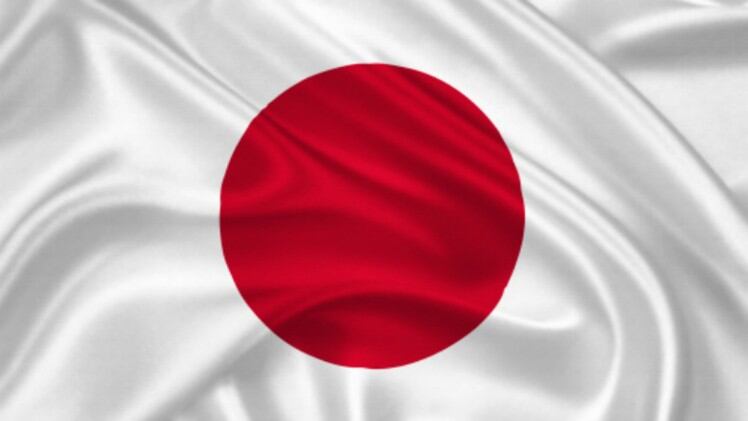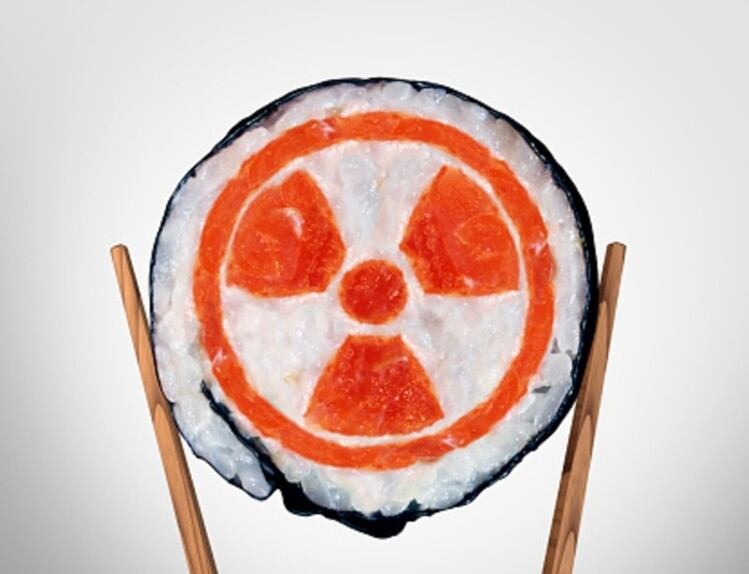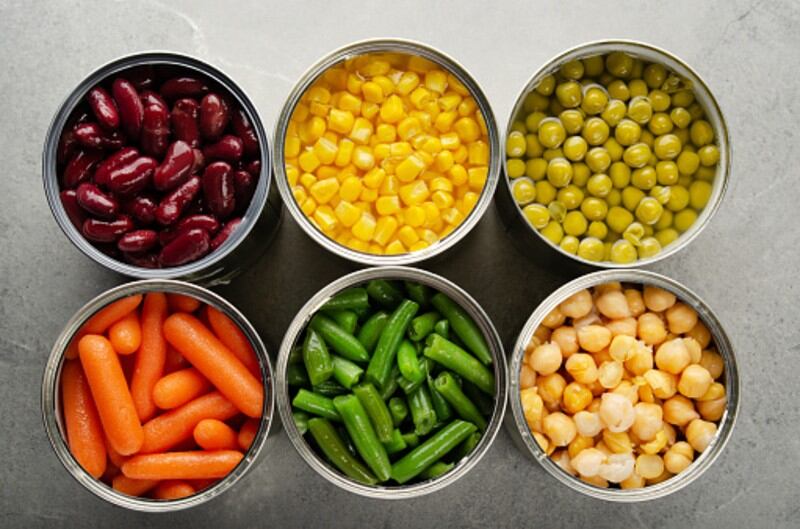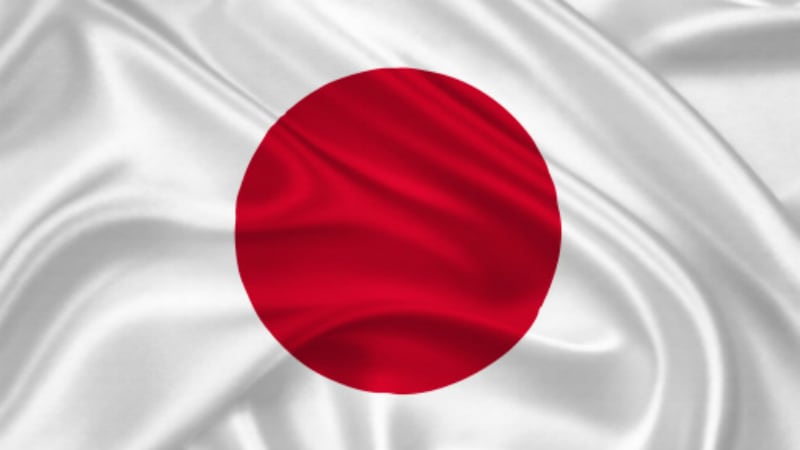Nestle Japan has launched two ‘plant-based coffee’ ranges as it seeks to maximise the appeal of one of the nation’s most-consumed beverages while tapping into one of the hottest consumer trends.
According to Nestle Japan, the market for plant-based foods and beverages is rapidly growing locally, particularly amongst consumers interested in healthy food and lifestyle, or in ethical consumption, a key driver for the firm to get in on the trend.
“[Research has shown that] the domestic market has grown significantly with a gain of 9% year-on-year to JPY211bn in FY2019, and [there was] an estimated 11% increase to JPY233bn in FY2020 - Some estimates suggest that this could expand to JPY291bn in five years,” a Nestle Japan spokesman told FoodNavigator-Asia via an email statement.
Kirin has developed a thin film deposition technology for use in PET bottles, which claims to be lighter, more eco-friendly and prevents gas permeation.
PET bottles are widely used for its transparency and stability, however its environmental burden has accelerated consumer demand for lighter PET bottles.
However, thinner bottles tend to cause more gas permeation, which is not ideal for products such as beer, wine and juices as they are sensitive to oxygen, carbon dioxide, and water vapour, affecting its shelf-life.
Japan’s supermarkets need to offer a better range of fresh foods and embrace business sustainability in their operations in order to avoid becoming obsolete in the face of challenges posed by COVID-19 and e-commerce, insist experts at the National Supermarket Association of Japan (NSAJ).
NSAJ has just released its 2021 Supermarket White Paper, touted as the ‘most important issue yet’ considering the impacts of COVID-19 on the country’s supermarket industry and consumer choices, with a good part of the report dedicated to the discussion of ways local supermarkets need to adapt moving forward.
“The business environment for supermarkets is becoming harsher and more severe locally, [not only due to] the COVID-19 pandemic but also changes in social environment such as population decline, an ageing population, the entry of e-commerce sites, and economic regression,” the association said via the report.
Japan Consumer Affairs Agency (CCA) is warning general food and health food manufacturers against labelling their products as being effective in preventing or treating COVID-19, to avoid consumer misunderstanding and harming public health.
According to CAA, some manufacturers have taken advantage of the COVID-19 pandemic by labeling their products with protective health claims against the virus, which they say is “irrational” considering that not all the properties of the coronavirus is known yet.
CAA has urged manufacturers to ensure their labels do not display inappropriate information or false claims, and continues to monitor and alert the general public on such false advertising.
Italian frozen fruit snack company Frutteto will start manufacturing part of its products in Japan, its largest market, and is on-track to launch in China this year.
First launched in Denmark in 2019, the Italian firm is known for its frozen natural fruit puree products, touted as a healthier alternative to sugar-ladled ice pops.
Although it is a frozen fruit snack, it is sold as an ambient product: “The idea is that the consumer takes it home, and put it in the freezer,” said Greig Gilbert, managing director of Frutteto.




